Curriculum
All pupils in the Junior Department have the opportunity to study and experience a variety of media and techniques in arts and crafts designed to develop creativity and confidence in Art. The awareness of colour, shape, balance, focus, and proportion are formed together to express ideas, thoughts and feelings.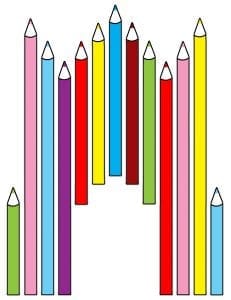
At Key Stage 1 children use a range of materials creatively to design and make products and share experiences and imagination through drawing, painting and sculpture. Children will also think about the work of a range of artists, craft makers and designers, describing the differences and similarities between different practices and disciplines and make links to their own work.
At Key Stage 2 sketch books are used more formally to show a progression of ideas and so that observations can be recorded and ideas can be revisted. Children will also improve their mastery of art and design techniques, including drawing, painting and sculpture with a range of materials and continue to explore great artists, architects and designers in history.
Through out the year Art lessons are supplemented with a range of enrichment activities and opportunities including Art and Craft clubs and cross curricular focus days. Art is an essential part of our curriculum and we recognise the positive impact it has on children’s general well-being as well as the learning process.
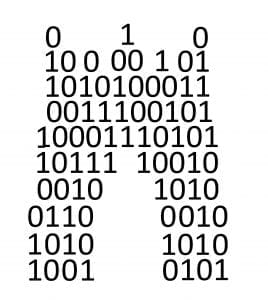 The use of information and communication technology is an integral part of Longridge Towers school life and is a key skill for everyday life. Pupils in EYFS, KS1 and KS2 have access to a range of software such as; computers, tablets, programmable robots, digital and video cameras to allow them to access and explore a range of digital media.
The use of information and communication technology is an integral part of Longridge Towers school life and is a key skill for everyday life. Pupils in EYFS, KS1 and KS2 have access to a range of software such as; computers, tablets, programmable robots, digital and video cameras to allow them to access and explore a range of digital media.
At Longridge, pupils are encouraged to enquire and explore the technology they use whilst adopting a structured and progressive approach to the learning of the skills needed to enable them to use it effectively.
Pupils in EYFS are encouraged to adopt a play based approach to computing and some of the skills built on from this platform moving forward into KS1 are to be able to use technology safely and respectfully, learning algorithms and creating and de bugging simple programs. In KS2 the children will be able to design and write their own programs, search and use a variety of software and use reasoning.
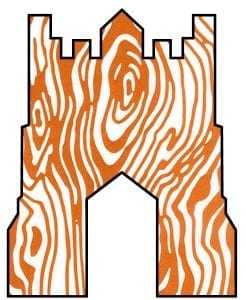
Design and Technology provides pupils with practical learning experiences. At Key Stage 1, children are given the opportunity to design, make and evaluate as well as explore and experience the wider world. This involves modelling and trialling design ideas; through experiencing both success and failure, pupils are encouraged to take responsibility for their work and their learning. Design and Technology projects include designing functional products based on a set of criteria, such as a puppet or house for a story character. Children are then required to select from and use a wide range of materials and components, including construction materials and textiles, again taking responsibility for their learning and end product.
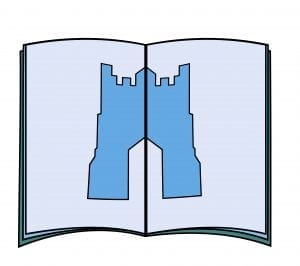
English skills underpin almost every other subject, whether through reading, writing or speaking and listening skills. We actively promote reading for pleasure and aim to inspire our pupils with a love of reading, and an understanding of the power and beauty of what can be done with words.
Our curriculum is built around the National Curriculum, ensuring that we cover key skills including spelling and grammar alongside the study of a range of different genres and a wide variety of creative work. Quality fiction provides the inspiration for a wide range of spoken and written activities. We might act out a scene, write a letter in role as one of the characters, create poetry, or write a story inspired by the book.
We work to forge links with other curriculum subjects to create cross-curricular illustrations, presentations, projects and performances. Regular trips, events and visiting authors and illustrators help bring the world of poetry, books and the spoken word alive.
Our pupils are taught how to read with confidence and enjoyment and to interact meaningfully with a wide range of texts. Alongside a number of reading schemes, children are able to select books from a range of classic and recently published children’s fiction from class libraries. Coming soon… the downstairs of Mabel – our double-decker bus will be an exciting and engaging new library space.
Pupils are taught to write in a variety of styles for different purposes and audiences. They are encouraged to develop their vocabulary and write imaginatively. The important skills of planning, editing and redrafting are covered at length, so that pupils are able to produce carefully crafted, polished pieces of work and of course, the fundamentals in grammar, spelling and punctuation are a key focus too.
Speaking and listening is an integral part of English lessons. We provide opportunities for pupils to participate actively in group work, to prepare talks, to take part in debates, to recite poetry, to discuss views and issues and also to learn to listen carefully and considerately to the opinions of others.
Geography in Key Stage 1 encourages children to develop their knowledge about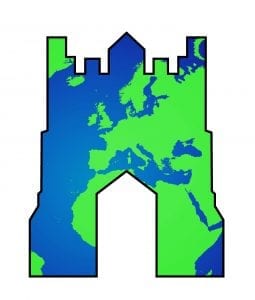 the world, the United Kingdom and their locality. Lessons enable children to gain an understanding of basic subject-specific vocabulary relating to human and physical geography and begin to use geographical skills, including first-hand observation, to enhance their locational awareness.
the world, the United Kingdom and their locality. Lessons enable children to gain an understanding of basic subject-specific vocabulary relating to human and physical geography and begin to use geographical skills, including first-hand observation, to enhance their locational awareness.
The aim Geography in Key Stage 2 is to provide each child with the knowledge, language and skills needed in order to understand the world around them. Key Stage 2 Geography varies from the local environment that the children know well to the distant places that they have little or no previous knowledge about. We aim to take the children from where they are onto a global view of the world. The curriculum is diverse and includes topics on a contrasting UK region, contrasting regions in Europe and North and South America, as well as studies about rivers, climate, settlement and environmental change due to human activities. Field trips and visiting speakers are used throughout the curriculum to enhance and enrich the children’s learning experiences.
Our Junior Department history curriculum is designed to fire the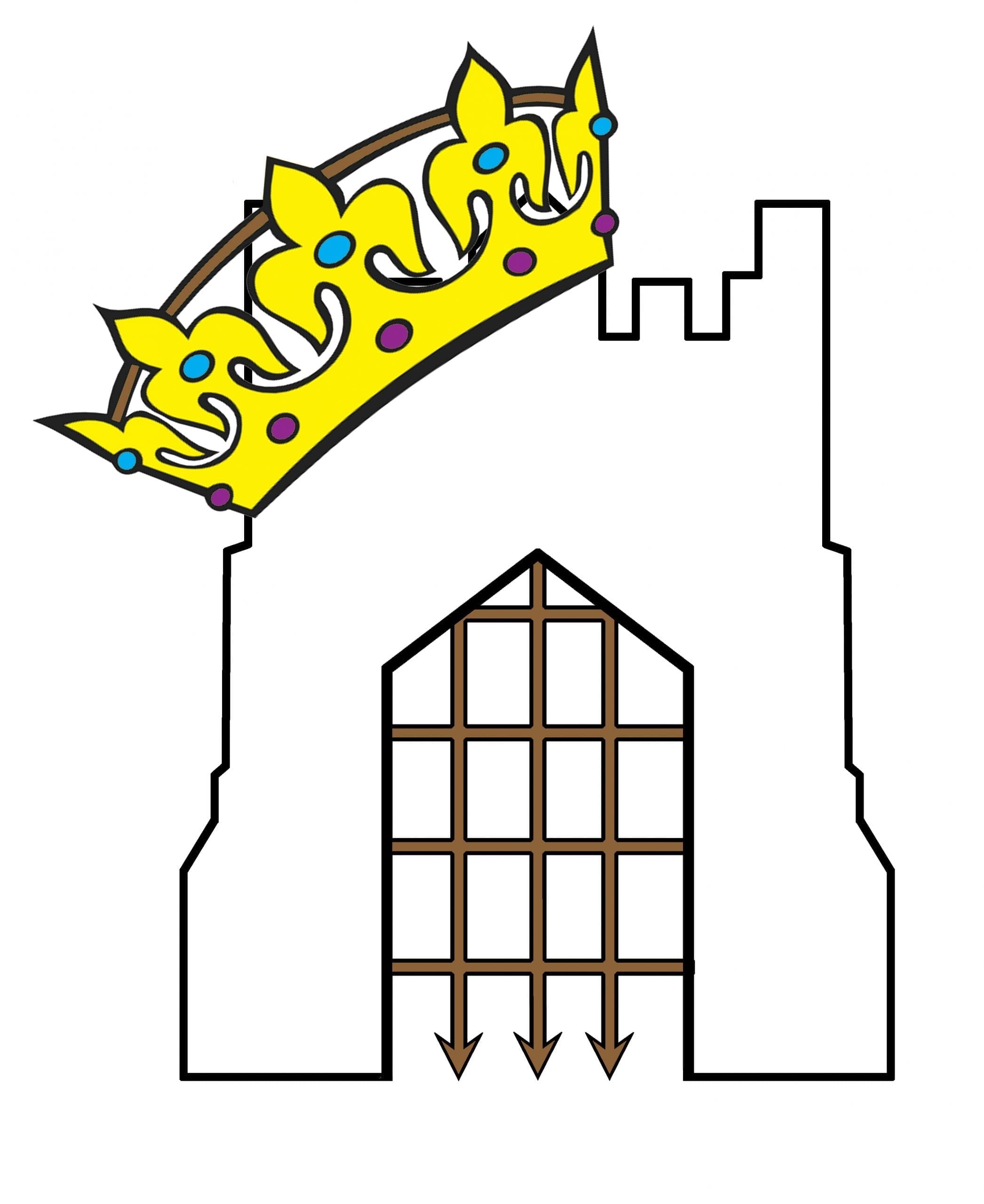 curiosity of pupils to find out more about the past. History at Longridge intends to give all students a broad and balanced view of the history of Britain and the wider world, to improve their cultural capital, understanding of the world and their own heritage. We recognise that our school community welcomes children from both sides of the English and Scottish Border, alongside pupils from across the world and our history curriculum is purposefully constructed to reflect this as well as meeting the requirements of the National Curriculum. We encourage our children to think critically about evidence and different interpretations of the past to develop their own perspectives and judgements. Our long term plan builds on previous learning and allows children to make links between topics and deepen their knowledge and understanding of historical concepts.
curiosity of pupils to find out more about the past. History at Longridge intends to give all students a broad and balanced view of the history of Britain and the wider world, to improve their cultural capital, understanding of the world and their own heritage. We recognise that our school community welcomes children from both sides of the English and Scottish Border, alongside pupils from across the world and our history curriculum is purposefully constructed to reflect this as well as meeting the requirements of the National Curriculum. We encourage our children to think critically about evidence and different interpretations of the past to develop their own perspectives and judgements. Our long term plan builds on previous learning and allows children to make links between topics and deepen their knowledge and understanding of historical concepts.
Our Key Stage 1 pupils develop an awareness of the past and learn about significant individuals and historical events through topics such as Toys, Intrepid Explorers, Castles, Florence Nightingale, Grace Darling and Seaside Holidays in the past.
In Key Stage 2, our children continue to develop their sense of chronology and secure knowledge of local, British and world history through a combination of overview and depth studies. Topics studied include Stone Age to Iron Age, Romans, Anglo Saxons v Vikings, Ancient Egypt, Ancient Greeks, Shang Dynasty, Kingdom of Benin, Children in WWII, Medicine and Disease and the Battle of Flodden.
Key Stage 1 and 2 Mathematics 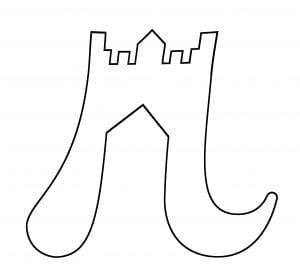
Mathematics is a key skill which children will use all their lives. Our aim is to provide our children with a high quality mathematical education which provides a foundation for understanding the world, the ability to reason mathematically, to develop mathematical skills to their full potential, an appreciation of the beauty and power of Mathematics and a sense of enjoyment about the subject. We believe that mathematics is a creative discipline which should be incorporated in all areas of the curriculum as it equips children with a powerful set of tools that they can use in everyday life, and that all children can succeed.
We place great emphasis on deepening conceptual understanding and mastery of number, application of skills, problem-solving and practical tasks coupled with learning, memorising and understanding key number facts such as multiplication and division tables as soon as possible. Throughout the Junior Department we use Big Maths in our daily Key Skills lessons to help the children achieve fluency in this area.
One of the main aspects of Mathematics Mastery is the Concrete Pictorial- Abstract (CPA) approach which is implemented throughout the Junior Department, using the White Rose schemes of learning to structure our lessons. This approach uses concrete and pictorial representations of number before moving on to the abstract. The White Rose mantra is ‘Everyone can do maths’: Everyone can! We believe this too and this attitude is helping to shape assured, happy and resilient mathematicians who relish the challenge of this subject. They become independent, reflective thinkers, whose skills not only liberate them in mathematics but also support them across the curriculum.
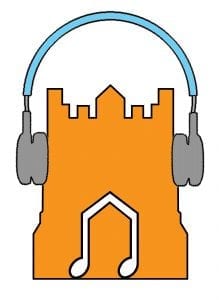 Music is a universal language that embodies one of the highest forms of creativity. At Longridge, we aim to engage and inspire pupils to develop a love of music and their individual talents as musician. Music can increase an individual’s self-confidence, creativity and sense of achievement. They develop skills in critical engagement, and use this skill to inform tasks in composition along with improving performance skills.
Music is a universal language that embodies one of the highest forms of creativity. At Longridge, we aim to engage and inspire pupils to develop a love of music and their individual talents as musician. Music can increase an individual’s self-confidence, creativity and sense of achievement. They develop skills in critical engagement, and use this skill to inform tasks in composition along with improving performance skills.
The focus of music in Key Stage 1 aims to develop pupils’ enjoyment of music, along with a self-awareness of themselves as musicians. The curriculum mixes singing and using the voice with opportunities to explore and use basic classroom and body percussion, and an appreciation of how all sounds have the potential to be used in a ‘musical’ way. Pupils are presented with simple composition opportunites, where they choose and organise sounds in structures. A wide variety of genres and styles are listened to and discussed, and the links to context and purpose highlighted. The language of music is introduced, with simple notation and music specific vocabulary.
Key Stage 2 aims to build upon the foundations of Key Stage 1, both in terms of enjoying the subject, and pupils as musicians. Pupils extend their knowledge of notation, and musical vocabulary. Performance skills continue to utilize the voice, and all pupils in Years 3 and 4 develop skills in playing the ukelele, whilst those in Years 5 and 6 focus on the keyboard. Music technology is introduced as an aid to composing and notating music. Again, music from a wide range of genres, styles and musical periods is explored, further developing the link between music, the arts, and society.
Whilst P.S.H.E. is a non-statutory subject, it is taught weekly across all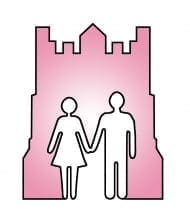 the year groups from Early Years to J6 and we believe that our whole school approach leads to excellence across the curriculum and in later life.
the year groups from Early Years to J6 and we believe that our whole school approach leads to excellence across the curriculum and in later life.
Our P.S.H.E. curriculum follows the Jigsaw programme of study from Early Years upwards and builds on the skills that pupils started to acquire during the Early Years Foundation stage (EYFS) to develop effective relationships, assume greater personal responsibility and manage personal safety, including online.
P.S.H.E. has a strong emphasis on emotional literacy, building resilience and fostering mental and physical health and it helps the children to manage the physical and emotional changes at puberty. Through our teaching of P.S.H.E., we provide children with the understanding and tolerance of the diverse world around them and support them in making a positive contribution to the school and the wider community.
Information Leaflet for Parents
A Guide for Parents and Carers
Sport plays a key role in the National Curriculum in the Junior Department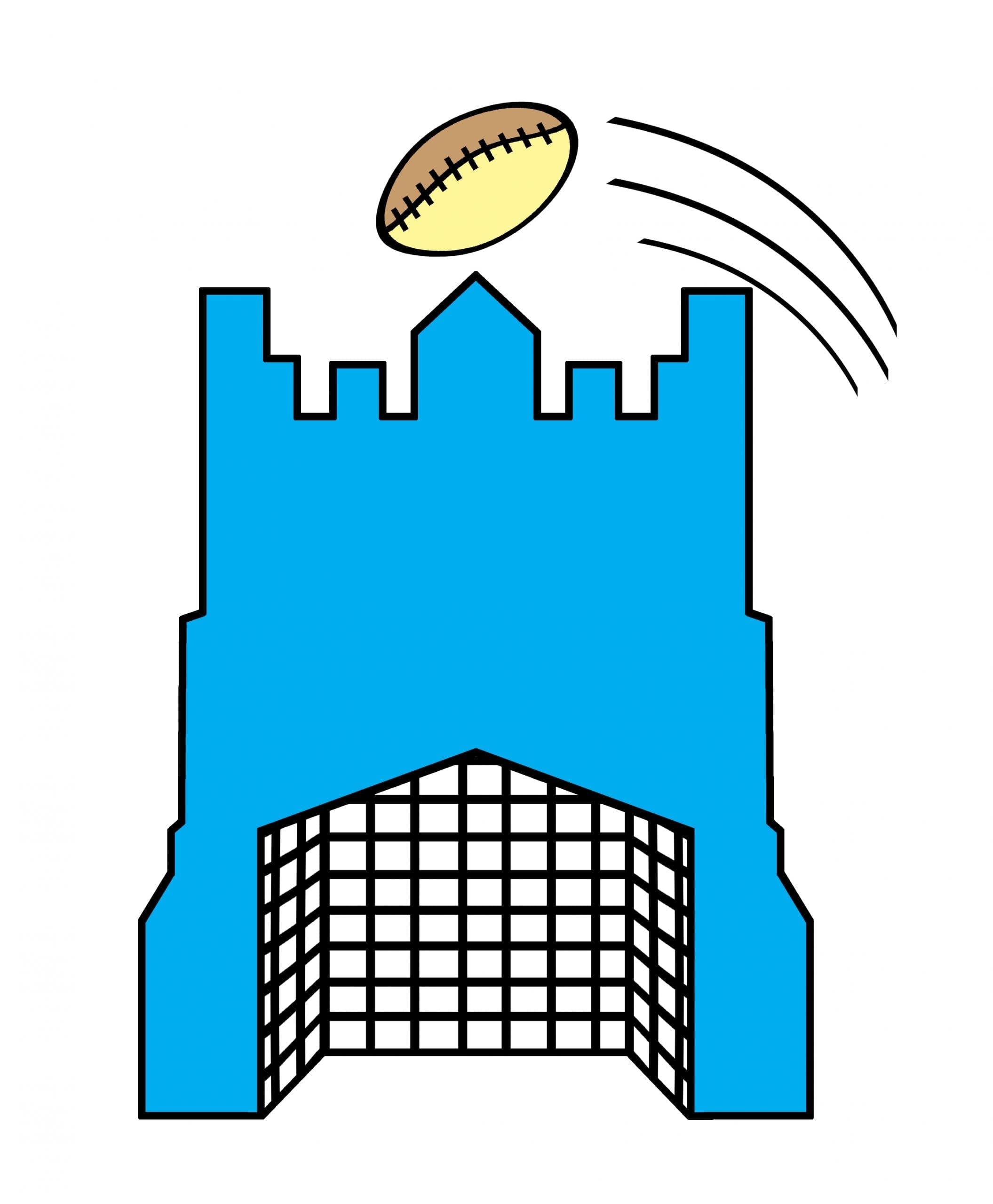 here at Longridge Towers. An extensive range of activities and competitive opportunities is on offer and children benefit from P.E. and Games lessons throughout the week. In addition, our varied enrichment programme offers further opportunities to play a range of sports.
here at Longridge Towers. An extensive range of activities and competitive opportunities is on offer and children benefit from P.E. and Games lessons throughout the week. In addition, our varied enrichment programme offers further opportunities to play a range of sports.
After a busy day at school, children can make full use of the Astro Turf for hockey and tennis, enjoy indoor sports including gymnastics and dance in our large sports hall, partake in yoga, circuits or Zumba in the Junior Atrium or quite simply make the most of our magnificent grounds for rugby, cricket, Junior Joggers and orienteering. We are pleased to offer weekly swimming lessons at a local swimming pool and thoroughly look forward to our annual ‘Inter House’ swimming gala as well as the opportunity to combine swimming and running together with our much anticipated annual Aquathon.
We aim to encourage teamwork, self-motivation and communication coupled with leadership and good sporting etiquette. Children take an active role in sports teams and fixtures, playing both local schools and other independent schools.
 In Early Years and Key Stage 1 settings, we are suggesting activities that use an ethnographic approach to help the children relate stories, celebrations, artefacts and events to particular children in particular faith communities. If the children can for example, talk about the life of a named Muslim/Christian/Jewish/Sikh/Hindu/Buddhist child then this helps to avoid the confusion that can arise in the children’s minds between different faiths. The ethnographic approach allows the children to identify with the life of a child who is both the same as them but also has different cultural experiences, faith stories and practices. This can be explored through visits and visitors, pictures, persona dolls, or a bag of objects that belong to a child of a particular faith. Additional resources to support all recommendations may be found for each year group on the Hertfordshire Grid for Learning.
In Early Years and Key Stage 1 settings, we are suggesting activities that use an ethnographic approach to help the children relate stories, celebrations, artefacts and events to particular children in particular faith communities. If the children can for example, talk about the life of a named Muslim/Christian/Jewish/Sikh/Hindu/Buddhist child then this helps to avoid the confusion that can arise in the children’s minds between different faiths. The ethnographic approach allows the children to identify with the life of a child who is both the same as them but also has different cultural experiences, faith stories and practices. This can be explored through visits and visitors, pictures, persona dolls, or a bag of objects that belong to a child of a particular faith. Additional resources to support all recommendations may be found for each year group on the Hertfordshire Grid for Learning.
In Key Stage 2 teaching and learning follows the pattern set out in the Long Term Curriculum Map but flexibility and creativity in using the modules is encouraged. Each year begins with an Interactive Overview, starting with the pupil’s existing knowledge then actively engaging them in learning about and learning from religion through direct teaching and for example: enquiry, exploration, discussion, asking and answering questions, artefacts, visits and faith visitors.
In Early Years, Spanish is taught through active participation in songs and dance, music, games and exploration of the world around us. Links are also made to favourite stories and rhymes.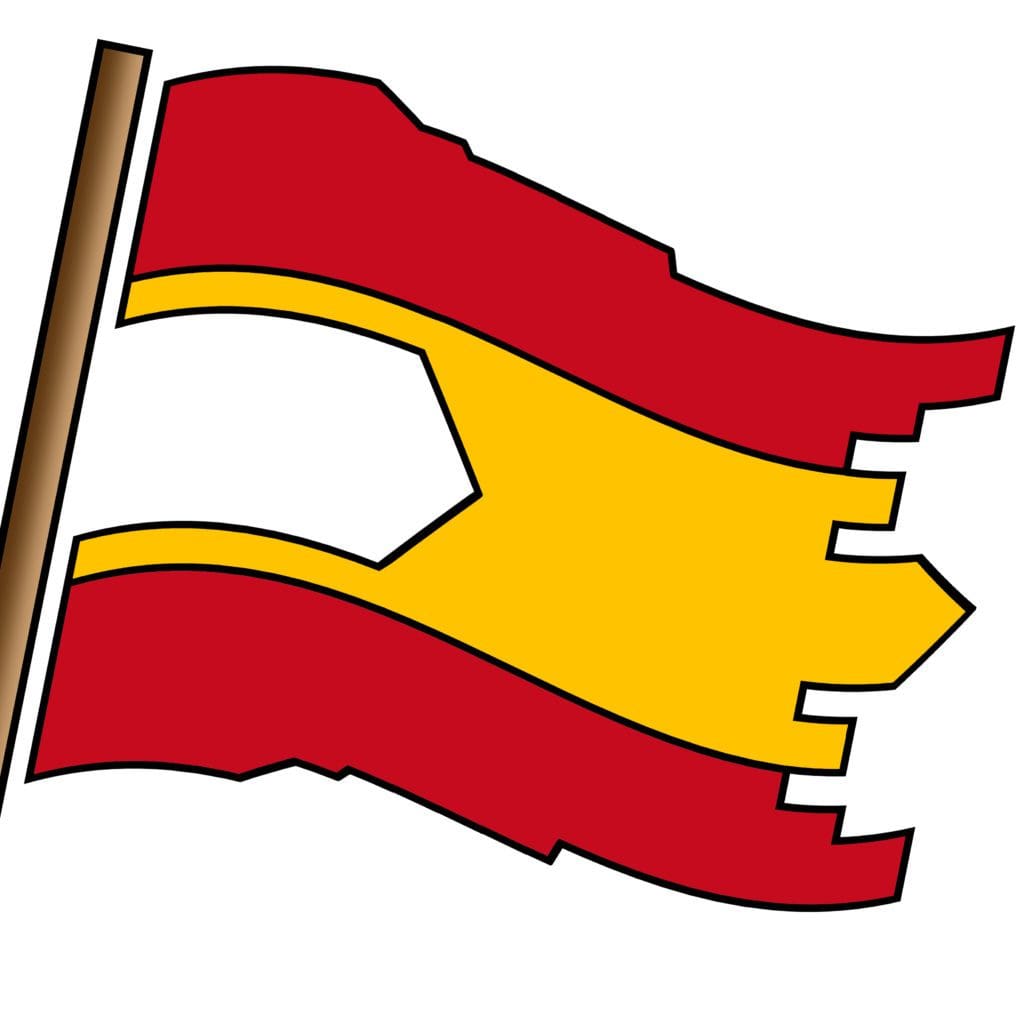
Throughout the Junior Department, a scheme called ‘Language Angels’ is used as a basis for the teaching of Spanish where the children have opportunities to listen to native Spanish speakers demonstrating the target language. All language sessions are active and great fun requiring full class participation whether it be singing, acting out a role, working with puppets, playing games in and out of class, art activities, making use of the school grounds, listening activities and computing. Language acquisition focuses on interesting themes; there are regular opportunities to hold conversations to practise and embed new vocabulary and distinct Spanish phonics teaching enables children to develop more accurate pronunciation when reading or speaking aloud.
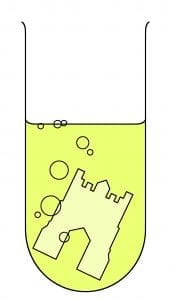
Using pupil and staff voice we developed a set of principals for Science within the Junior Department. Our 5 principals are:
1 – Develop skills of enquiry – we discuss, ask questions and share ideas.
2 – We use the outdoors to enhance our learning.
3 – Our work in science is relevant to us and helps us to make links to other subjects.
4 – We use scientific vocabulary accurately and confidently.
5 – We extend our learning beyond the classroom in enrichment, on trips and meeting visitors in school.
Children are naturally curious which makes Science an engaging subject for them to study. Science allows then to explore their world and discover new things. Science is an important part of the foundation for education for all children. The aim of Science is to nurture curiosity and allow the children to ask questions and develop the skills they need to answer those questions. Our Science lessons help the children to investigate problems, learn how Science works and discover why Science matters in the world through stimulating and thought provoking lessons.
Working scientifically presents a procedural model of how scientists work and outlines the various skills and knowledge that are required. The skills developed through this section of the curriculum are questioning, observing, predicting, and experimenting, estimating and measuring, analysing and recording and communicating results.
During Key Stage 1 the children observe, explore and ask questions about living things, materials and phenomena. They begin to work together to collect evidence to help them answer questions and link this to simple scientific ideas. They evaluate evidence and consider whether tests or comparisons are fair. They use a range of reference materials to find out more about scientific ideas. They share their ideas and communicate them using scientific language, drawings, charts and tables.
In Key Stage 2 the children begin to make links between ideas and to explain things using simple models and theories. They apply their knowledge and understanding of scientific ideas to familiar phenomena, everyday things and their personal health. They begin to think about the positive and negative effects of scientific and technological developments on the environment and in other contexts. They carry out more systematic investigations, working on their own and with others. They talk about their work and its significance, and communicate ideas using a wide range of scientific language, conventional diagrams, charts and graphs.

Junior / Curriculum
Share This Page